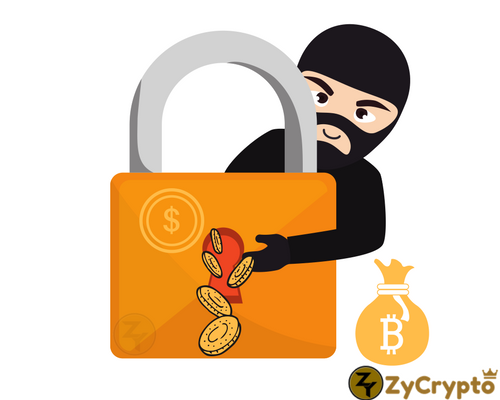Move over “identity theft” there’s a new thief on the “block” chain and it’s leaving not only big exchanges dry, but they’re also after the common social media platform user. Hacking major cryptocurrency exchanges for large amounts of the coin is nothing new. And as long as anything has some sort of monetary value, there will remain, in the shadows, someone willing to steal it.
Not long after President Trump took office, his son-in-law, and advisor, Jared Kushner received worrisome crypto-related blackmail, or in this case black-mail: “hand over X amount of Bitcoin or we will release your father-in-law’s tax information”. Kushner was advised not to respond. He didn’t and nothing happened.
As cryptocurrency becomes more mainstream, and banks, governments, and major corporations determine how to best hop on the bandwagon, more digital con artists and frauds are ready to pounce. Recently, Facebook was hit by some serious malware advertisements which would spawn havoc on users’ computers or worse—snatch away currency.
One such vicious ad offered mining services and interested users were treated to the theft of their coins when they signed up. The practice of photoshopping respectable companies’ logos and manipulating them, is common. It fools the common investors’ eyes. They join and get scammed.
And since social media platforms manage millions of users’ accounts, as we’ve seen over time with “phony news stories”, the cons and misinformation out there, slip through the cracks.
Security systems are forever being updated. Digital con artists are, usually, caught and brought to justice. Just as there remains a pocket of thieves who prey upon the elderly by either calling them on the phone to fool them into paying money or mailing threatening items; there too exists a larger population of scammers—preying upon anyone in the digital landscape.
It’s not as specific as hacking say, a bank’s website or stealing the identities of insurance beneficiaries. It’s more open net, hurting anyone and everyone willing to fall into the trap. And it’s obviously way more invasive than a phone call.
Because in today’s society, that which is fake appears more real than ever, anyone who’s involved in digital currency must be careful. No one is safe right now from malicious predators. From large and major exchanges to first time investors, digital safety and privacy is of the utmost importance.







